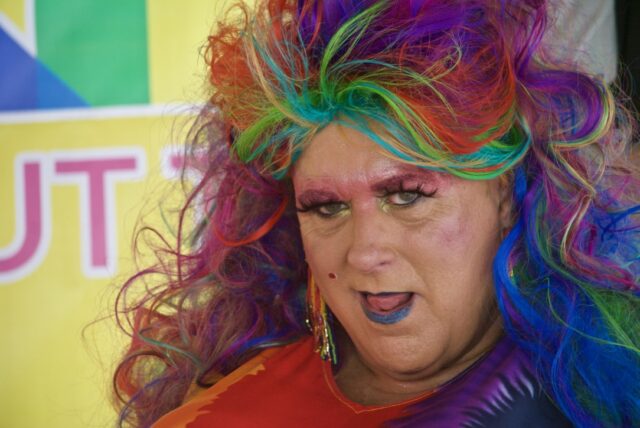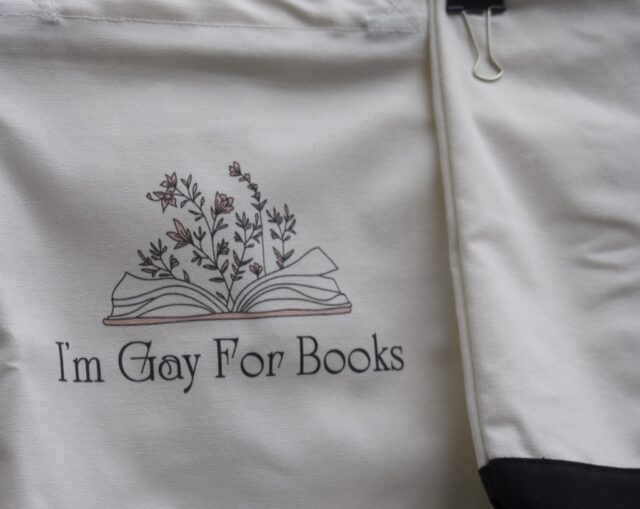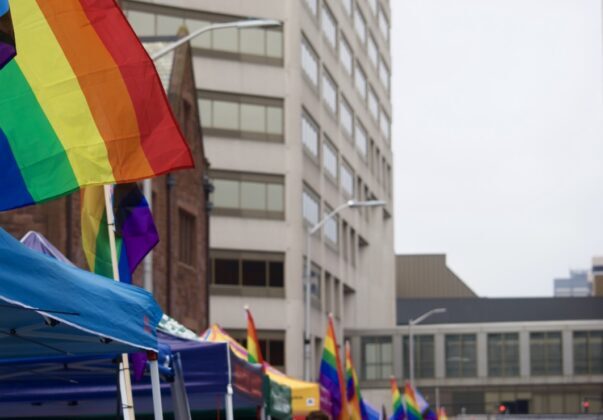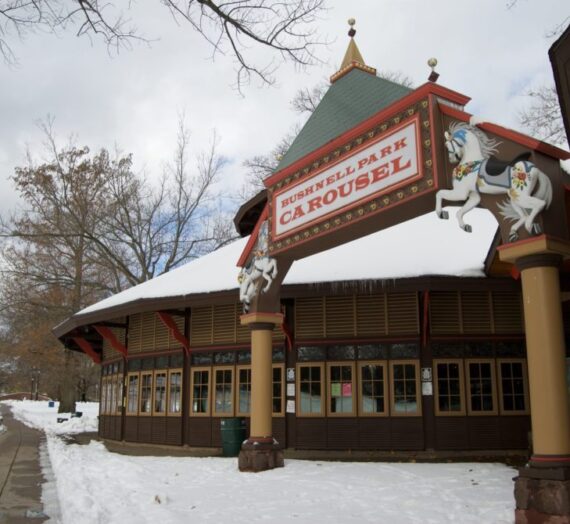At one time, I might have questioned how an event stemming from a literal riot could exist without centering itself around hours of speeches by carefully selected activists who met some political purity criteria.
And then, I realized that 90% of speeches are dull and uninspiring, and by the time you get to the good stuff, it’s likely the crowd has tuned out from boredom.

As much as I can do without the bits of rainbow washing and the music blaring at eardrum-wrecking decibels on streets where noise bounces off buildings, I’m not actually mad at how, in general, Hartford’s Pride festival has evolved.
Why? Because in a time when a hatemonger governor of another state is doing everything he can to erase the queer community, simply existing in a public space is a political act.
We are often socialized to believe that if we make an attempt to blend in, lead quiet lives, not draw attention to ourselves, then we’ll be respected and left alone.
But as some are beginning to recognize, that’s a whole lie.
Although the anti-gay and anti-trans fervor is more dire elsewhere, it is just as important to in Connecticut be present and public. Anyone paying any attention to current events does not need someone standing before them to say what is wrong. This is not 1980. We have the Internet, we have podcasts, and we can be easily made aware of what is happening across the country, even if we rarely leave our own towns.
Anger is a legitimate emotion, but so is connection and catharsis. Some are motivated toward positive change by focusing their rage. For others, coming together and feeling seen can be as effective as someone’s fiery speech. When you feel good, you might begin to wonder how to feel like that more often. That also can push someone toward addressing injustice.

So, maybe we could lower the speaker volume a smidge next time. Maybe invite even more small businesses and artists to participate to offset the presence of a few questionable organizations and corporations. But as Emma Goldman notoriously said, “I did not believe that a Cause which stood for […] release and freedom from convention and prejudice, should demand the denial of life and joy.”




Richard Nelson
The revolution has been sugarized! Have another cupcake.
Kerri Ana Provost
What is the point of revolution if it is not inclusive? If it’s only for people who meet a very specific criteria, some sort of purity test, it’s only replicating our current system. The only difference is who is being placed at the top, who gets the stamp of approval. There needs to be room for everyone. Yes, even the super mainstream and vanilla people. Otherwise, what even is it? It’s activism for the sake of activism. It’s not activism with the goal of making everyone’s lives safer, healthier, more just, and more enjoyable.